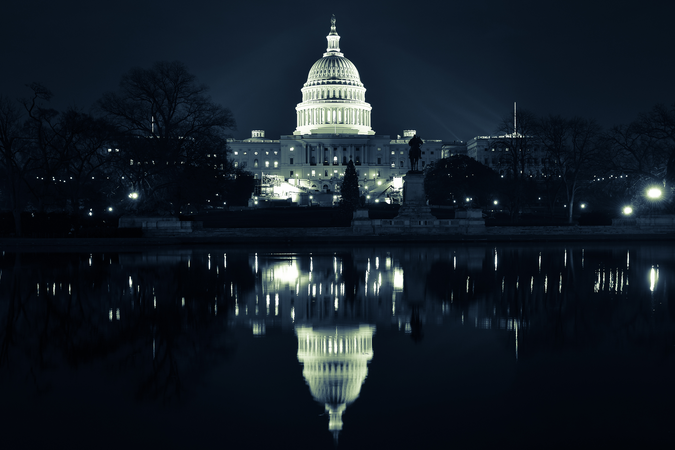Cost Misperception and Voting for Public Goods
Using exit polling after referenda, this paper seeks to understand whether voters have an accurate picture of a given policy’s costs and how that may impact their vote.
Abstract
Public good provision is often determined through referendums by voters, who weigh benefits against costs. However, perceptions of benefits and costs may be incorrect, which could in turn lead to voter error and misallocation of public goods. Using real-world referendums, we evaluate voter perceptions of the private costs of providing public goods by conducting three exit polls of New England voters and an online survey of California voters. By comparing cost perceptions to actual tax incidence, we find pervasive evidence that voters misperceive costs. Fewer than 20% of voters in our samples reported perceived costs within 25% of estimated actual costs. These findings are unsurprising given the ubiquity of opaque language explaining the financial consequences of public good referendums. In addition, our analysis suggests that actual costs have no statistical bearing on voter choice, but at least in the New England sample, voter approval is affected by perceived costs. Thus, a substantial proportion of voters are making decisions based in part on inaccurate costs, which in some cases lead to people voting against their preferences and potential misallocation of public funds. Further, researchers who match voter approval with estimated actual cost are unlikely to obtain accurate cost responsiveness or valuation estimates.







